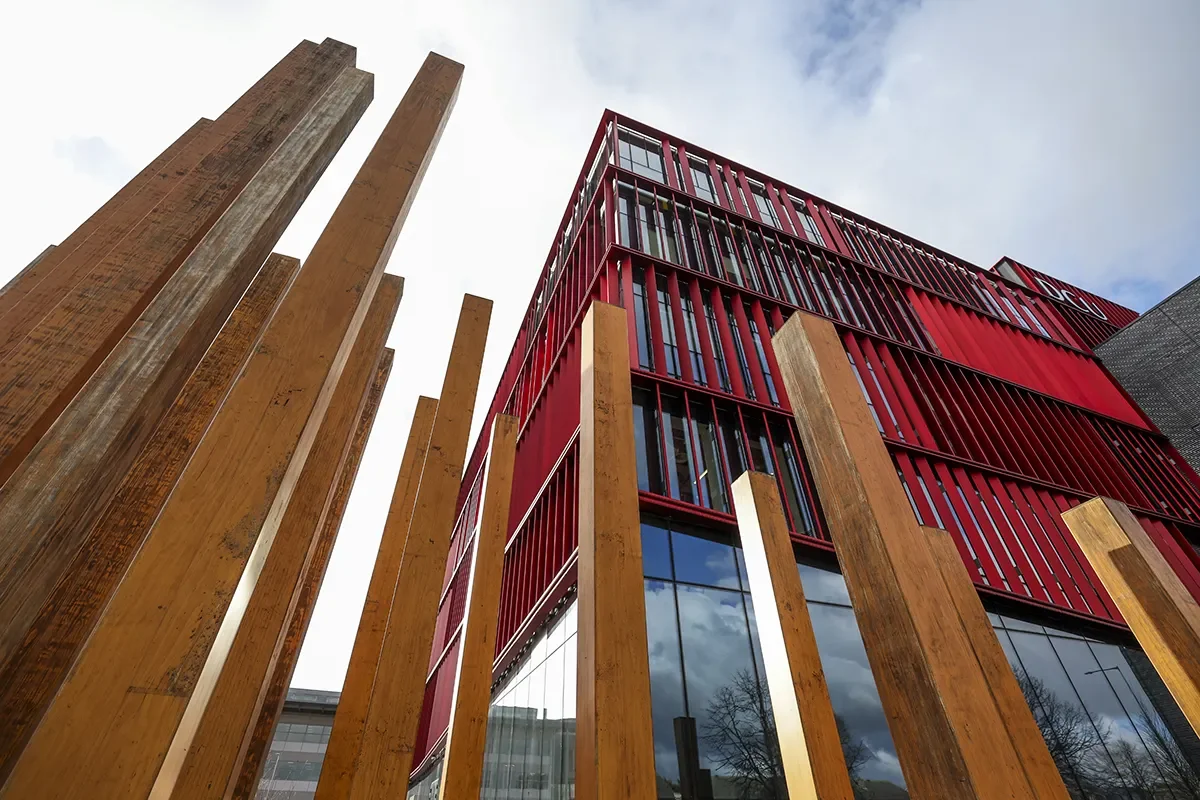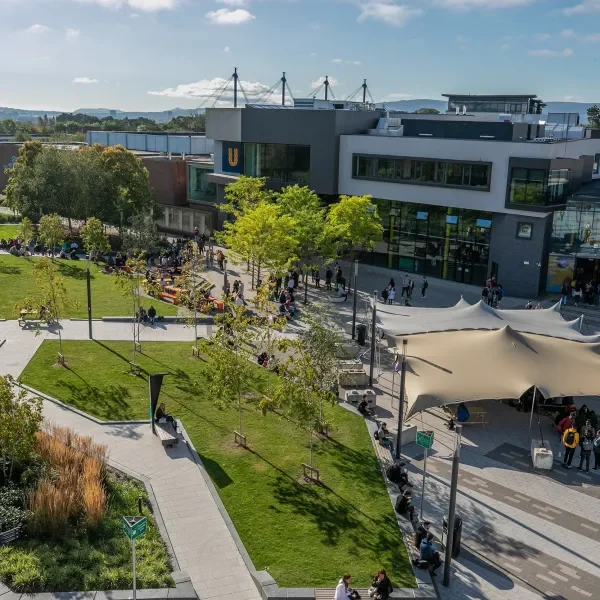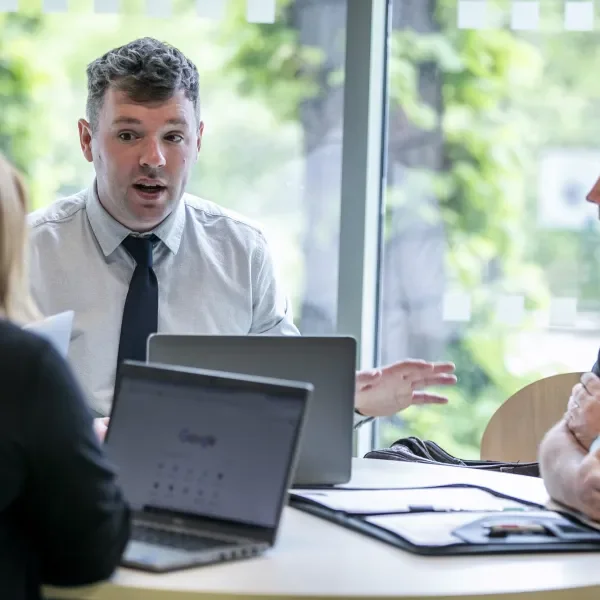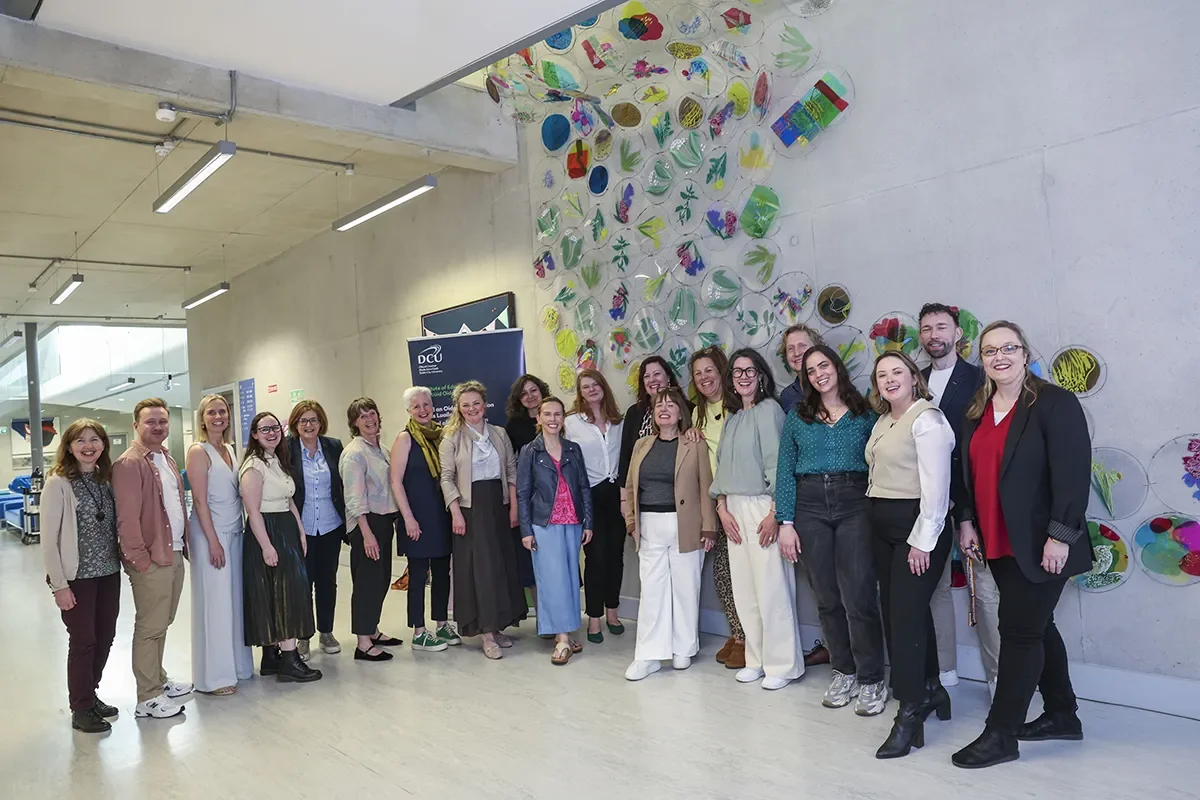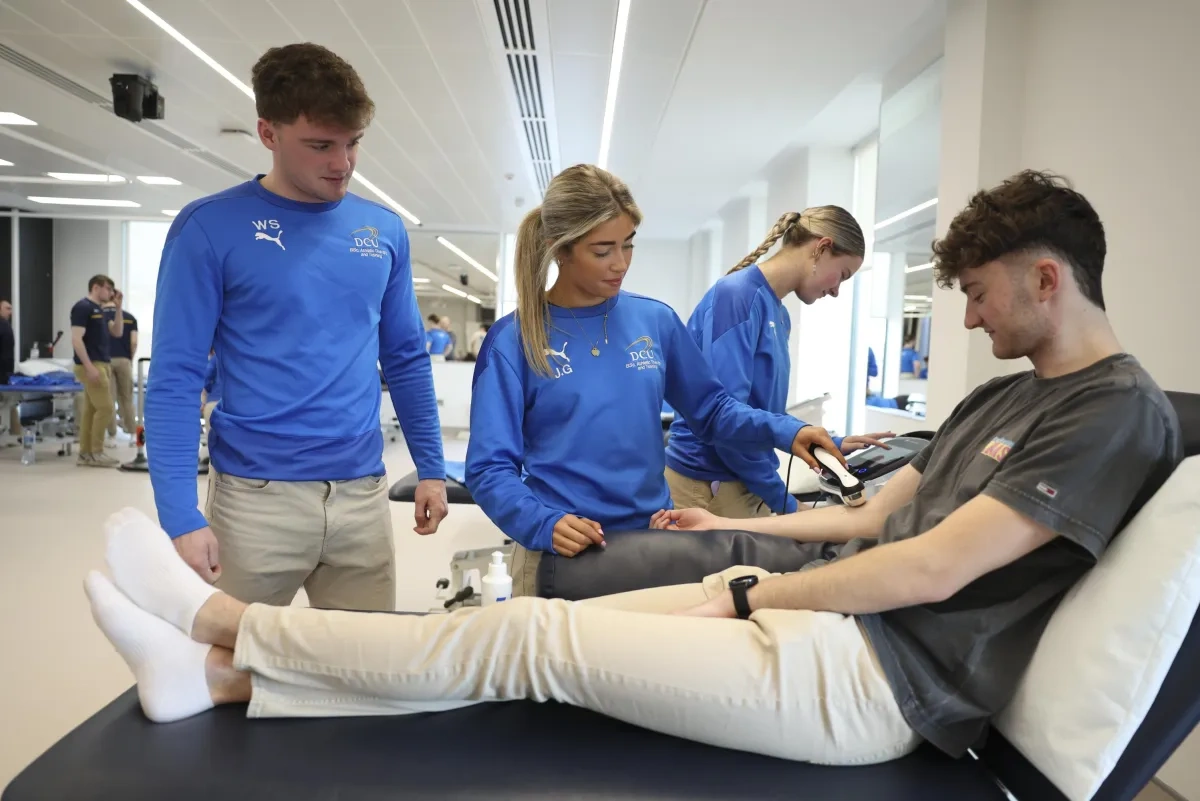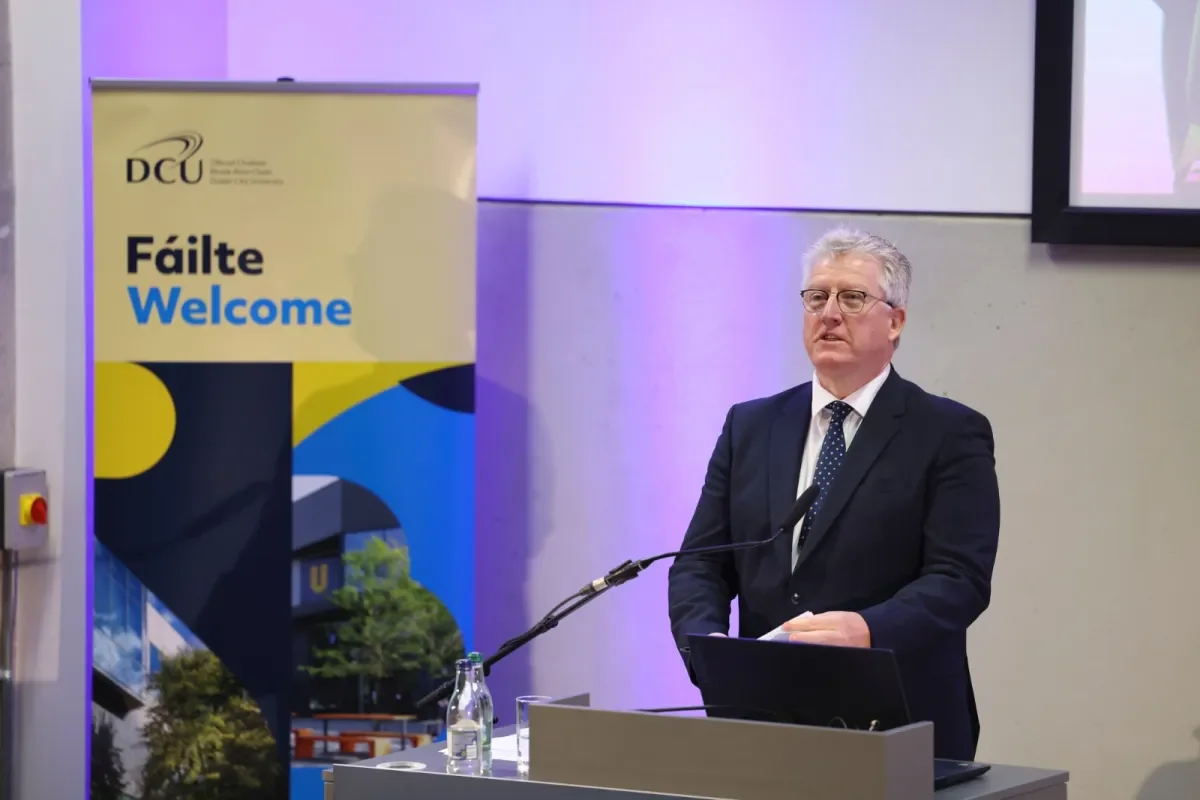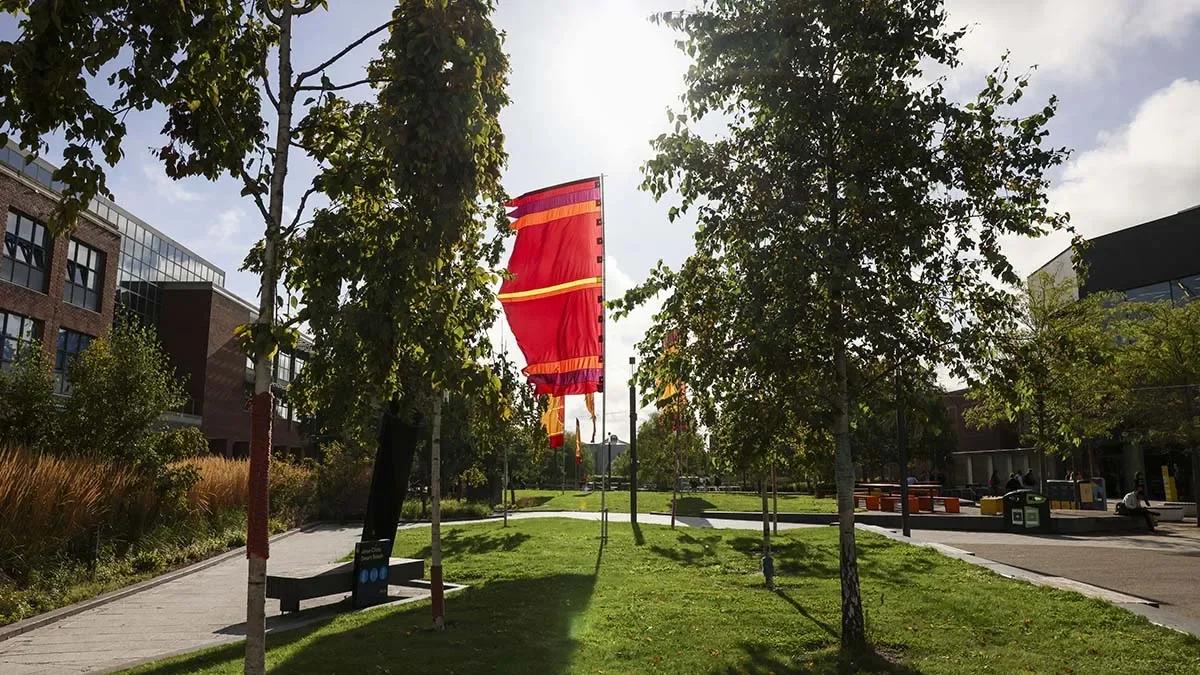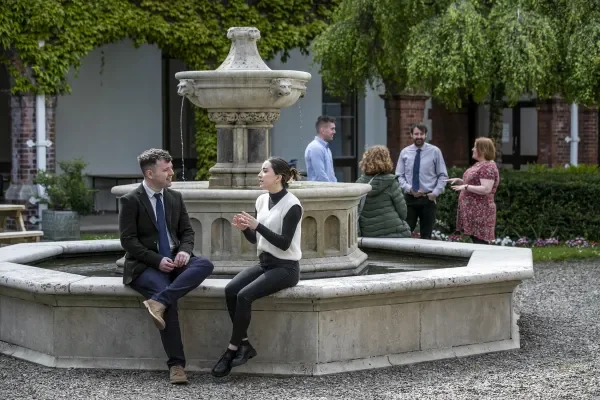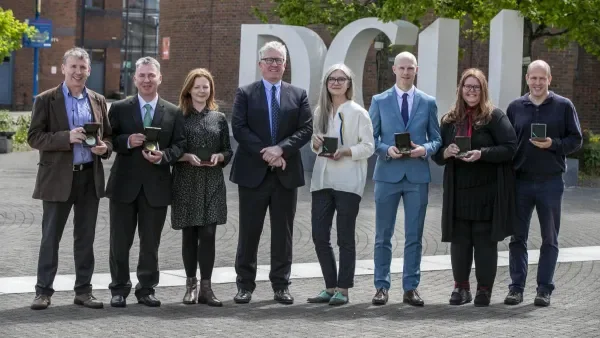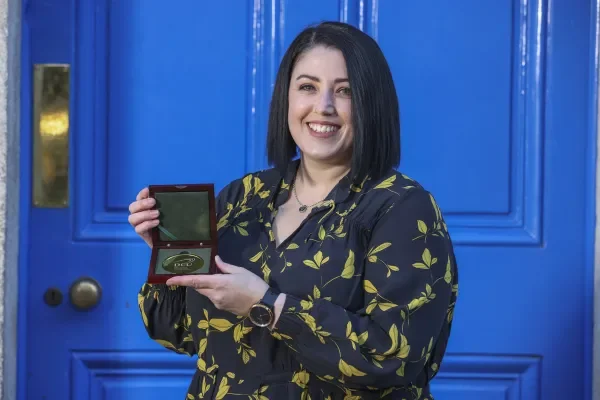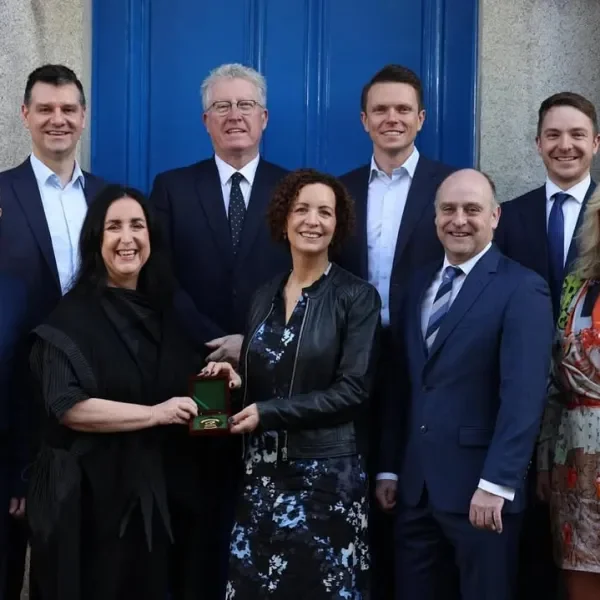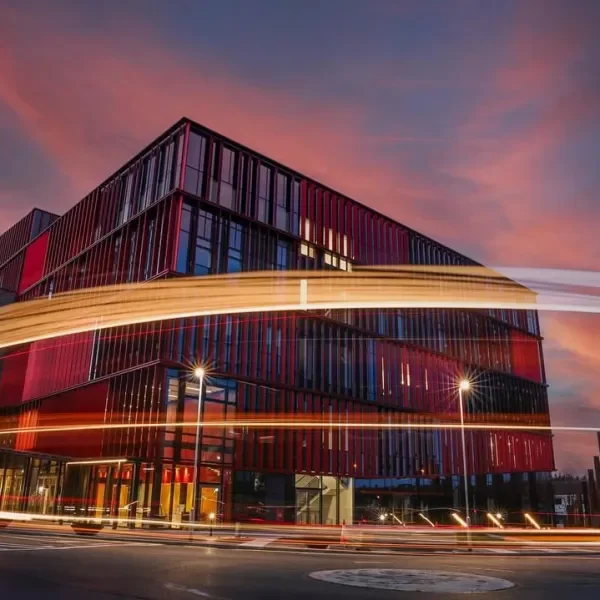Introduction

Prof Anne Sinnott
Deputy President

John Kilcoyne
Director of Finance

Dr Declan Raftery
Chief Operations Officer
In today’s fast-changing world, one of the few certainties is uncertainty. At DCU, we have shown that we are agile and adaptable in the face of recent challenges. This pillar of the strategy deals with a range of initiatives and actions at organsational level, which are designed to ensure that the University remains ready to navigate ‘an unscripted future’.
The pillar contains a commitment to continue organisational restructuring, where required, to ensure effective delivery of our strategic goals. It also lays out plans to build the capacity of our people and infrastucture, while keeping an eye on the horizon for both risks and opportunities.
We will identify appropriate responses to a range of scenarios and ensure that we are proactive rather than reactive to a changing landscape. Drawing on staff expertise will be key to building organisational resilience, and DCU’s continuing digital transformation will also be crucial.
The pillar contains a commitment to continue organisational restructuring, where required, to ensure effective delivery of our strategic goals. It also lays out plans to build the capacity of our people and infrastucture, while keeping an eye on the horizon for both risks and opportunities.
We will identify appropriate responses to a range of scenarios and ensure that we are proactive rather than reactive to a changing landscape. Drawing on staff expertise will be key to building organisational resilience, and DCU’s continuing digital transformation will also be crucial.
Mapping Engaged Research at Dublin City University: Survey Report & Recommendations for Action


